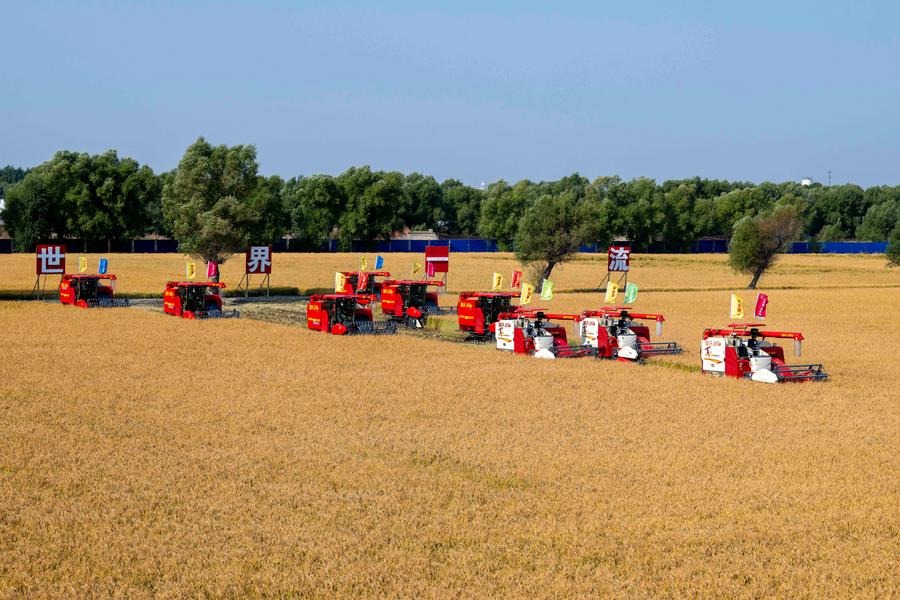How green is my balcony!


"We have been farming for a year," To reveals. "Allan likes to help me catch worms. We can be there for an hour and don't realize the time passing. We grow choi sum, papaya, beans, pea shoots and carrots, and use egg shells and tea bags as fertilizer. It's all organic."
Nowadays, To grows enough fruits and vegetables to meet her family's needs, but says she is into farming primarily for the pleasure of it. "It's therapeutic," she says. Farming has led to greater community bonding, she adds, as neighbors often exchange seedlings. It's also fun to watch what the person next door is up to, "such as our Indian neighbors tending the
herbs they use in their cooking."
Pryor agrees that successful urban farms strongly emphasize community building. The biggest challenge, he says, is for urban people to have a sustained interest in farming. As farming is an everyday activity, people who participate need to take ownership and responsibility. "Farms need constant gardeners," he says. "We saw a lot of HKU students interested but when exam time arrives, they all disappear."
- Aerial photos reveal Guizhou's dramatic karst landscape
- Guizhou's Huanggang village named on UN Best Tourism Village list
- Gansu's first captive-born panda cub turns one month old
- China adds 22 sites to wetlands of national importance list
- Australian warplane expelled from airspace over Xisha Islands, PLA spokesman says
- China, Thailand to enhance cooperation in intelligent rehabilitation




































